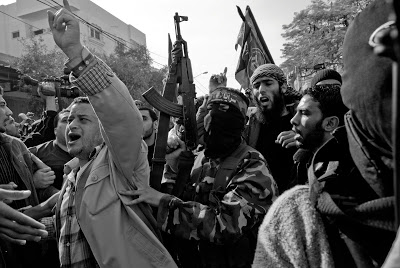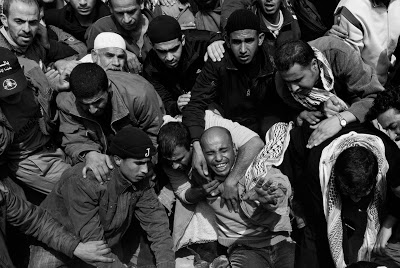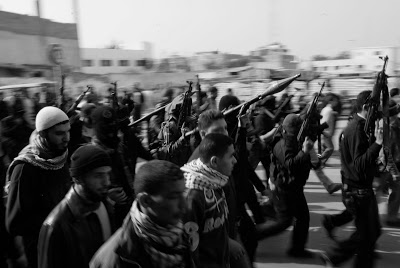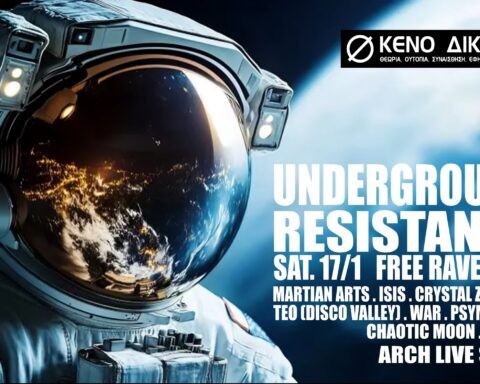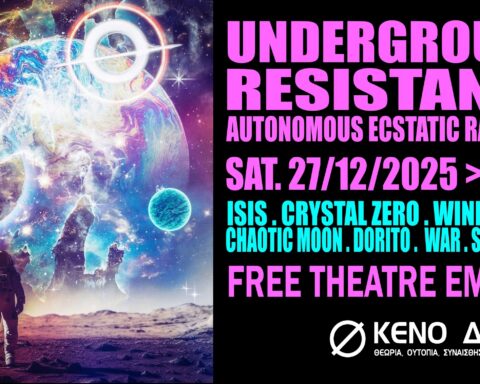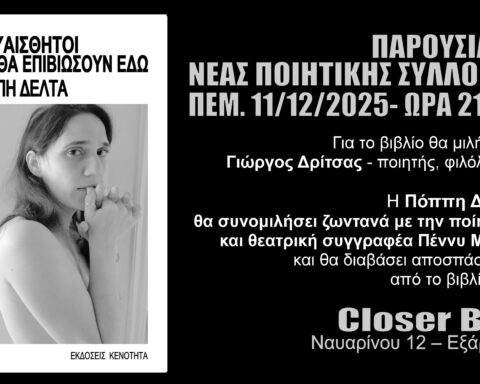2. What did you felt before going to Iraq? What was the experiences of the marines that they’ve been on this war of USA against the people of Afghanistan and Iraq?
I never went to Iraq. I refused to go. I can only speak honestly about my treatment and what I went through. The first weeks of my refusal were met with beatings, starvation, sleep deprivation, threats, interrogations, and stress positions. People I know who did deploy to a conflict zone tell me of intense boredom during the buildup or when in a “safe zone” and incredible terror during firefights. But that is not something I can speak of first hand. There are a myriad of possible experiences to talk about. Inside Iraq and Afghanistan are over 100,000 members of the US military and 10,000’s more government employees and contractors. Each have their own experiences that can often contradict the experiences of another. The following are stories people told me in confidence, so I will not use their names or details that would identify them but the content and meaning are true.
My friend had been “in country” for just a few days when he was in his armoured humvee a few miles from Bagdad in March of 2003. They had been at war for less than a hundred hours and were about to enter the Iraqi capital for the first time. He had not slept for close to a week but the pills that were given to him kept him wired and wide awake. Everyone was taking these pills and many people would go on to develop substance abuse problems after leaving Iraq. He was not scared in the way he thought he’d be. Behind him was an army of angry and jacked up Marines waiting to “get sum” i.e. shoot and kill the enemy. It was exciting.
Another friend of mine was on a run around the base perimeter. He was a POG (Person Other than Grunt) so was not often sent on patrols, but that was no reason to not be physically fit and ready for action. This was his first tour and he was nearing the end of it. As he ran in the mid afternoon sun he saw the wavy line of moisture evaporating from the dry desert sand. He looked down and stopped to re-tie his shoe which had come undone. As he did so there was a mortar attack. These homemade mortars are not as accurate as the factory spec. kinds but they rain death down just as good. A mortar shell landed and exploded 20 meters from where my friend was crouched to tie his shoe. If he had kept on running he would have been in the kill/blast radius. “I could have died” was his only thought. “Jesus, I could have died. I’d be dead now. Dead“.
Another friend works with IVAW, DAM, and is an independent artist and musician. He served 4 tours: two in Iraq and two in Afghanistan. He was an Air Force load master, meaning he was in-change of payload and cargo on the large transport planes ferrying everything from high profile dignitaries, to food, to ammo, to terror suspects being taken for interrogation. Eddie joined the military to get out of the Los Angeles scene of drugs, prison and gang and police violence. He was promised money for college and a “new life.” Being of Latino decent he was treated differently than others. He always pushed himself to excel and often surpassed the others in his squadron. But comments like “you shoot well for a Latino” or “you’re fast for a Mexican” showed him the true nature of life in the military– a life based on racism and domination. While he was transporting prisoners, who were shackled and blindfolded but shaking with fear, he had a realization that the treatment these people were receiving was similar to the treatment that “illegal” immigrants receive when caught in America. This prompted Eddie to think further and deeper into the rationale behind the US’s motivation for the war on terror. When he was discharged he went straight into organizing around community and anti-war issues. The links between the US war on terror, war on drugs, war on immigrants, war on the poor, war on people of color, war on women, and war on queers are all linked in Eddie’s mind, and he is right. Eddie lives and works San Francisco.
3. What were your political ideas before arriving in Iraq and what was that made you change your mind?
When I enlisted in the Marines I truly believed in the neo-liberal project of exporting capitalism at any cost. I believed that we (the US) had won the cold war because we were better and had a right to dictate our (the U.S.) desires to the rest of the world. But most of all I thought that what we (the US) was doing was right and good and decent and was altruistic in nature and that we wanted to help feed people and stop bad people for doing bad things. Two things changed my mind This first was the training and conditioning we went through. They first tried to break us down. Then make us angry. Then teach us how to kill, with our hands, knives, and guns. There was nothing was about helping people or anything about accountability other than following orders. The second was watching the conditioning take hold of my best friend. He turned from a decent caring person to an angry violent person. I did not want those changes happening to me so I began to re-analyze my past decisions. That was the starting point of where I am now.
4. How did you decide to quit from the american army during war in Iraq and what was the consequences of your decision?
5. As we know after the end of your imprisonment in Iraq you traveled in Middle East, in Syria, Libanon and Palestine in your effort to meet the «Other», the «Enemy»…What is your opinion about the Middle East «enemies» of American empire, what is your opinion about islamic countries and the conflict with Israel and USA?
I lived in Damascus, Syria for just under a year during 2007. That was 4 years after I was discharged from the Marines and just after I was finished with University. Its important for me to say that I never saw the people in Syria, Lebanon, or Palestine as my enemy or “the other”. This binary is the basis for the system I live in, global capitalist society, and is not the system that I want to live in. The people there have been made into the “enemy” so it is easier for “us” to kill “them” and take what “they” have for “us.” I firstly must say that I believe in the right of resistance; people have the right to defend themselves. Secondly, America’s enemies are not enemies of Americans which I found to be true throughout all my travels in the Middle East. There is a general understanding that governments do not speak for their people, but for their economic, military, and political interests. The enemies of American Empire are right in that the American Empire is poison and should not be allowed to continue. Although opposition to US global hegemony spans the breadth of the political spectrum, a political agenda is not validated solely by virtue of its critique of American foreign policy, however accurate that critique may be. The historical adage that “the enemy of my enemy is my friend” is a fallacy. A common enemy is not synonymous with common goals.
I spent a month as part of a anti-militarist delegation and documentary film crew in Israel and Palestine in late 2009. The project which will be complete in the summer of 2010 can be seen at www.againstmilitarism.org. I learned quite a bit about life on the ground in Israel and Palestine. Palestine has been under military occupation for 60 years and Israel has been under a fascist occupation for just as long. I see a strong US influence in the region. The most glaring example is US military aid to Israel which has allowed the occupation and hyper militarization of the region to grow exponentially. Obviously I think it should stop immediately. I met hundreds of dedicated people, Israeli and Palestinian, working with each other and exclusively within their own communities. I was delighted to see a diversity of tactics being used to fit the many different types of situations that occur during the course of the occupation.
6. What is your opinion about the american society?… How an «Iraq veteran against the war» is looking american society? What is «Iraq Veterans Against The War» organization, how it works and what is the action of it?




